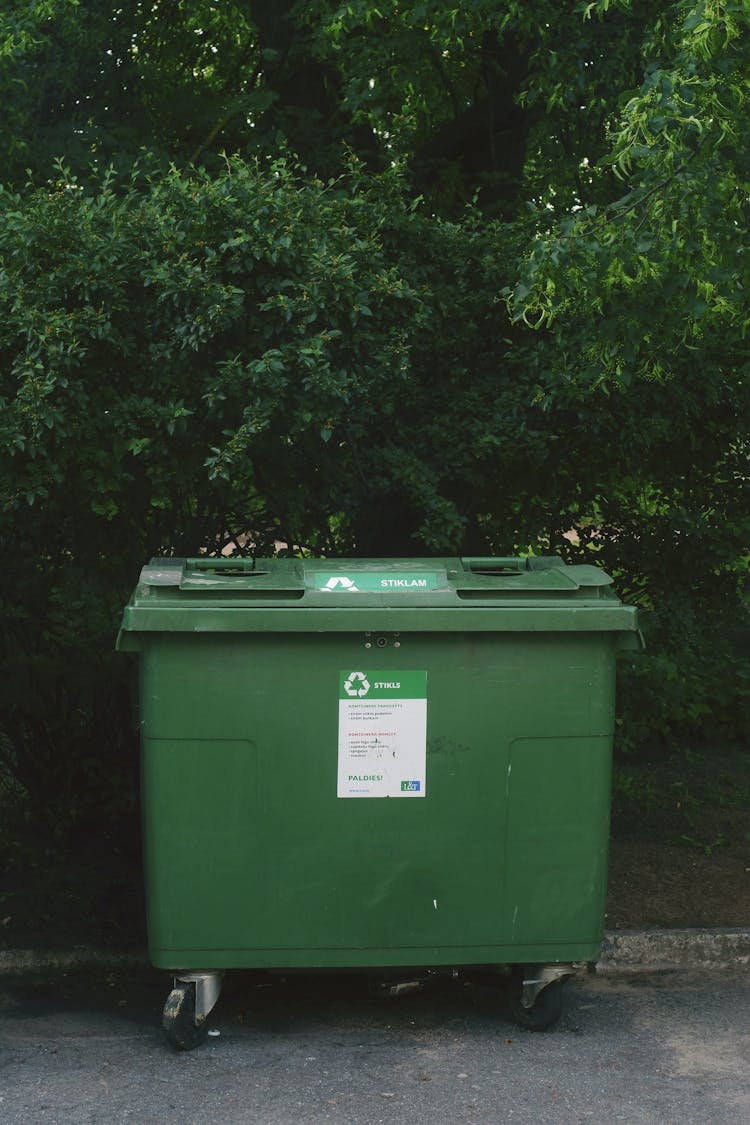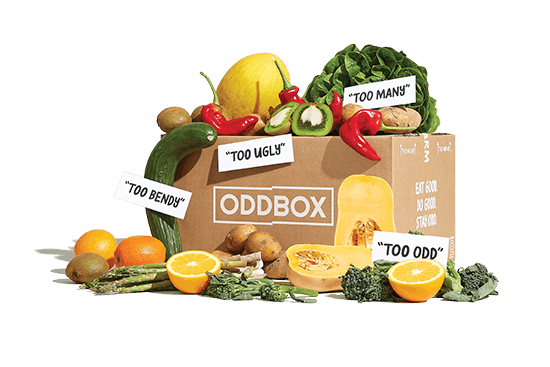7 tips to recycle better
Most of us give recycling our best shot. But it can be tricky figuring out the finer details of how to recycle each piece of packaging that passes through our hands.
Getting recycling 'right' doesn't have to be difficult - we promise. It's more about arming yourself with the right knowledge and adopting an easy routine that works for you. This year's Recycling Week runs from 20th to 26th September and, with this in mind, here are our top recycling tips and tricks.

Make sure it's clean, dry and empty
Food and drink residue can leak out of a box or bottle, which means perfectly good recyclable material is then destined for the landfill. A lot of the recyclable packaging we use has had food in it - but it must go into your bin in a good state so it can be sorted at the recycling facility.
As a rule of thumb, make sure your recyclable material is clean enough to use again, and dry enough that it couldn't touch a piece of paper and make it wet. You won't be able to recycle a pizza box that's covered in grease - just tear around dirty patches and recycle the clean parts.
Leave recyclables loose
Carrier bags aren't recyclable in most bins at home, and can even shut down recycling sorting machinery when they get tangled inside. So, while we're used to bagging up our black bin waste, make sure all pieces go into your recycling bin separately.
Plastic bags dissolve into microplastics and potentially harm animals when they're put into landfills. But don't lose all hope for recycling them. Most large supermarkets have carrier bag banks. Otherwise, look for another drop-off recycling area near you.
Plastics: the higher the number, the less recyclable it is
Plastics are generally recyclable - but there are plenty of exceptions too. Generally, the higher the number in the little triangle on your plastic packaging, the more difficult it becomes to recycle.
Thin plastic film is a no-no. And anything that tears easily, like crisp packets or cereal packets, often can't be recycled from your home. Search for your nearest free TerraCycle drop-off points to find alternative solutions for those hard-to-recycle products.
Don't put small things in your recycling bin
Straws, paper clips and plastic cutlery can't be put into your recycling bin. They're so small, they risk jamming the sorting equipment at recycling facilities. For a general rule to follow, don't recycle anything smaller than a credit card.
What about plastic bottle caps? If you reattach them to their original bottle, they'll become large enough to pass through the sorting machinery with no problem. Metal caps, however, can be more difficult to reattach to glass bottles. Some companies will accept them as scrap - otherwise, see if you can upcycle them into something new.
Paper and cardboard: recycle more of it
Forget recycling only cardboard boxes - most local recycling will accept any clean, dry paper or cardboard. This means most phone books, birthday cards, paper wrapping paper and toilet roll tubes can all be recycled too.
Make sure none of your paper items are mixed materials - tear out plastic windows from envelopes and remove any tape from cardboard boxes. Unfortunately, this means paper coffee cups and plant milk cartons aren't recyclable from home - as they're lined with plastic.
Reduce and reuse before recycling
Recycling has its place in a circular economy - it saves resources and prevents material from entering landfills. But it's preferable, where we can, to cut down how much material we put in our bins in the first place.
Try to avoid buying items wrapped in packaging, especially plastic - when you can, visit your nearest bulk buy to refill on essential food, toiletries and cleaning supplies. Take reusable bags to the shops and find new uses for your old packaging - could that takeaway box be reused as a food storage container?
You may be surprised what you can recycle
We've outlined a few general rules to follow for recycling. But there are some items you can recycle that may surprise you:
- Shower gel and bleach bottles - the plastic bottles of many toiletries and cleaning products are widely recycled. Rinse them thoroughly and put the lid back on to make sure residual liquid doesn't escape and contaminate other items.
- Aerosols - Deodorants, hairsprays and other aerosol cans can often be recycled. Make sure you've used up everything inside before putting them in the recycling.
- Metal items - Most metal can be recycled - this includes drinks cans and food tins, but also aluminium foil and trays. Make sure any crumbs, grease or food residue are wiped off before recycling.
If you're still scratching your head for what can be recycled locally, or looking for alternative solutions, check recyclenow's postcode locator for your area.

